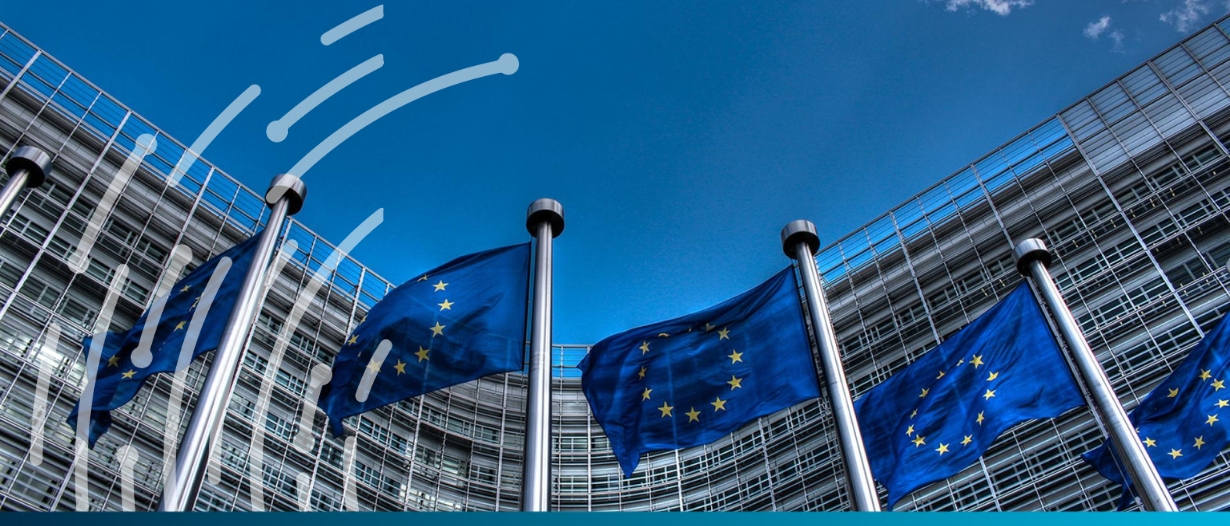European Union countries have agreed on a 14th sanctions package against Russia over its invasion of Ukraine, diplomats announced on Thursday. This includes the first restrictions on Russian gas.
The package bans the re-exports of Russian liquefied natural gas (LNG) in EU waters but stops short of prohibiting imports, as was done for Russian seaborne oil in 2022. Some EU nations continue to import pipeline gas from Russia via Ukraine.
Experts in the gas market suggest that the measure will have minimal impact, as trans-shipments of gas via EU ports to Asia account for only about 10% of Russia’s total LNG exports.
The package also sanctions three Russian LNG projects and includes provisions allowing Sweden and Finland to cancel Russian LNG contracts, diplomats stated.
Belgium, which currently holds the rotating EU presidency until July 1, mentioned on social media platform X that the package “maximises the impact of existing sanctions by closing loopholes”.
European Commission President Ursula von der Leyen highlighted on X that the package “will further deny Russia access to key technologies, strip Russia of additional energy revenues, and tackle (President Vladimir) Putin’s shadow fleet and shadow banking network abroad”.
Countries debated the new measures for over a month, eventually modifying one of the Commission’s proposals at Germany’s request. The proposal, aimed at preventing further circumvention, was diluted.
It would have required EU subsidiaries in third countries to prohibit the re-exports of their goods to Russia. The EU aims to curb the flow of dual-use technologies, such as washing machine chips, that could be used for military purposes in Russia.
An EU diplomat noted that Germany requested an impact assessment, and the measure could be reinstated at a later date.
The package also strengthens sanctions against the shadow fleet transporting Russian oil outside the price cap on Russian crude set by the Group of Seven (G7). The EU added tankers to the list of sanctioned entities, along with at least two Russian-owned ships carrying military equipment from North Korea, diplomats said.
Since Russia’s full-scale invasion of Ukraine in February 2022, Moscow and Pyongyang have strengthened ties. Recently, they agreed to provide immediate military assistance if either faces aggression, following a pact after Russian President Vladimir Putin’s visit to Pyongyang.
The sanctions list now includes 47 new entities and 69 individuals, raising the total to 2,200. The package is expected to be formally approved when EU foreign ministers meet on Monday, diplomats confirmed.





















